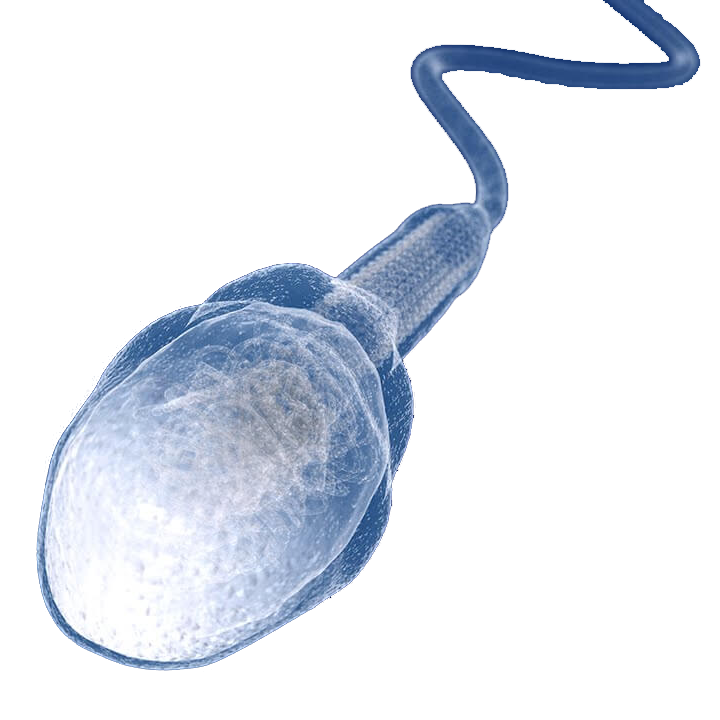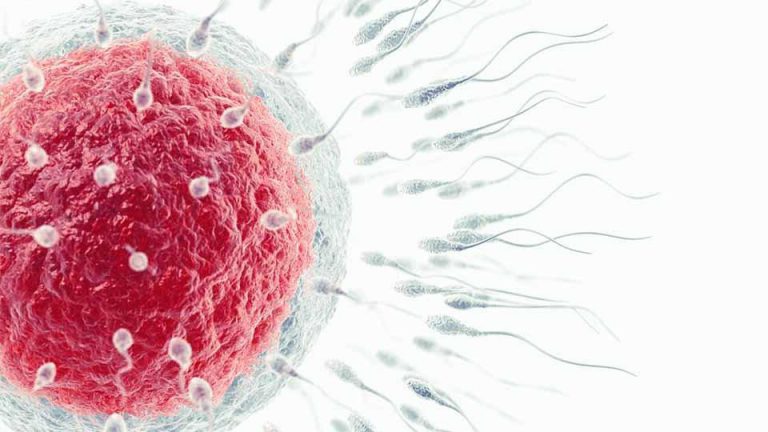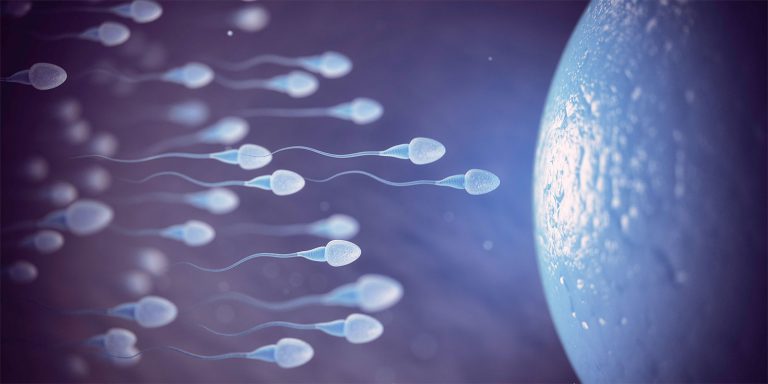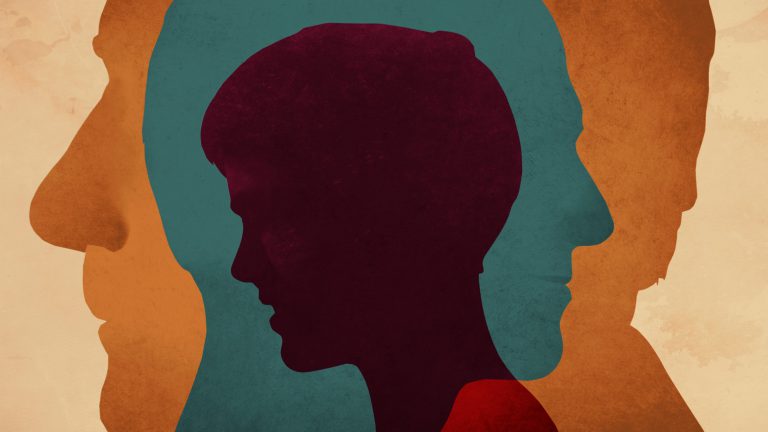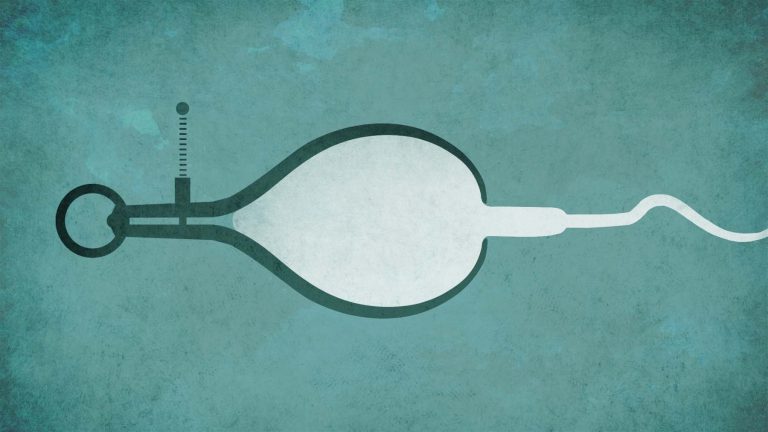The most commonly used fertility specialist is a reproductive endocrinologist or RE. A male fertility specialist is typically a urologist with specialized training, sometimes referred to as an andrologist.
Fertility Specialists
Infertility is generally assumed if a couple is unable to get pregnant after a year (if the woman is under 35) and six months (if the woman is over 35). When a couple is concerned about infertility the typical first step is a visit to the woman’s gynecologist for an assessment.
Following this first assessment, the couple will be referred to the primary type of fertility doctor, a reproductive endocrinologist. Infertility is an extremely complex disease and effective treatment requires specialized expertise.
What is a Reproductive Endocrinologist?
Reproductive endocrinologists (REs) are specially trained gynecologists that focus on fertility-related problems in both men and women, and have an in-depth knowledge of disorders and problems such as endometriosis, uterine anomalies, fallopian tube problems, and polycystic ovarian syndrome (PCOS). They are typically the primary consultants through the entire fertility testing and treatment processes and will also be the ones to lead fertility treatments such as intrauterine insemination (IUI) and in vitro fertilization (IVF).
REs will generally recommend and coordinate the different types of treatments and specialists that a person may need as they are being assessed and treated for infertility. This may include contacting and coordinating other relevant specialists like oncologists, andrologists, as well as lab staff such as embryologists.
While REs treat both men and women, they tend to take the lead on female fertility problems. If a male fertility specialist is needed, patients may be referred to a specialized type of urologist called an andrologist.
What is an Andrologist?
Andrologists are the male fertility specialists. They are to urologists as REs are to gynecologists, at least to the extent that they start out as urologists and then spend years specializing further in male reproductive health. Where a reproductive endocrinologist will likely be in charge of the initial examination which will include a thorough physical, DNA testing, initial semen analysis, and tests for sperm health, an andrologist will typically be in charge of examining reproductive problems in greater detail.
Andrologists may work in tandem with REs in looking for solutions to fertility problems, looking at issues like infections and erectile dysfunction. They may also take the lead on advanced procedures like testicular sperm extraction (TESE).
Test Your Sperm Quality. Easy, Mail-in Kit.
ORDER NOWAdditional Fertility Care Roles
Fertility specialists work collaboratively with a variety of other health specialists, including:
Embryologists. They work with REs and other fertility experts to help solve problems at the embryonic level, as well as being involved in assisted reproduction processes such as IVF.
Reproductive immunologists. They are specialized in the unique combination of reproduction and immunology. They may investigate situations of repeated miscarriage, or be involved with patients that have autoimmune diseases such as lupus.
Reproductive surgeons. They may work alongside REs if highly specialized types of reproductive surgery is needed, such as a vasectomy or the removal of fibroids.
Counselors. Most fertility clinics have counselors on hand to help with the emotional side of fertility problems.
Should I Consult a Fertility Specialist?
women over the age of 35 or those with known medical problems related to hormonal or reproductive health should consult a fertility specialist at the first sign of problems, or at least after six months of trying to conceive. If you are generally healthy and under the age of 35, you should see a doctor if you are experiencing problems after a year of trying.
Women should bear in mind that certain symptoms may make them more prone to infertility and that they may want to see a specialist sooner than the above recommended time frames. These include:
– Pain during intercourse
– Irregular menstrual periods
– A history of pelvic inflammatory disease
– Previous surgeries
– Previous miscarriage
Men also should be aware that certain lifestyle factors can impact their fertility. Age, weight, smoking and drinking habits can all have a negative impact on sperm health.

